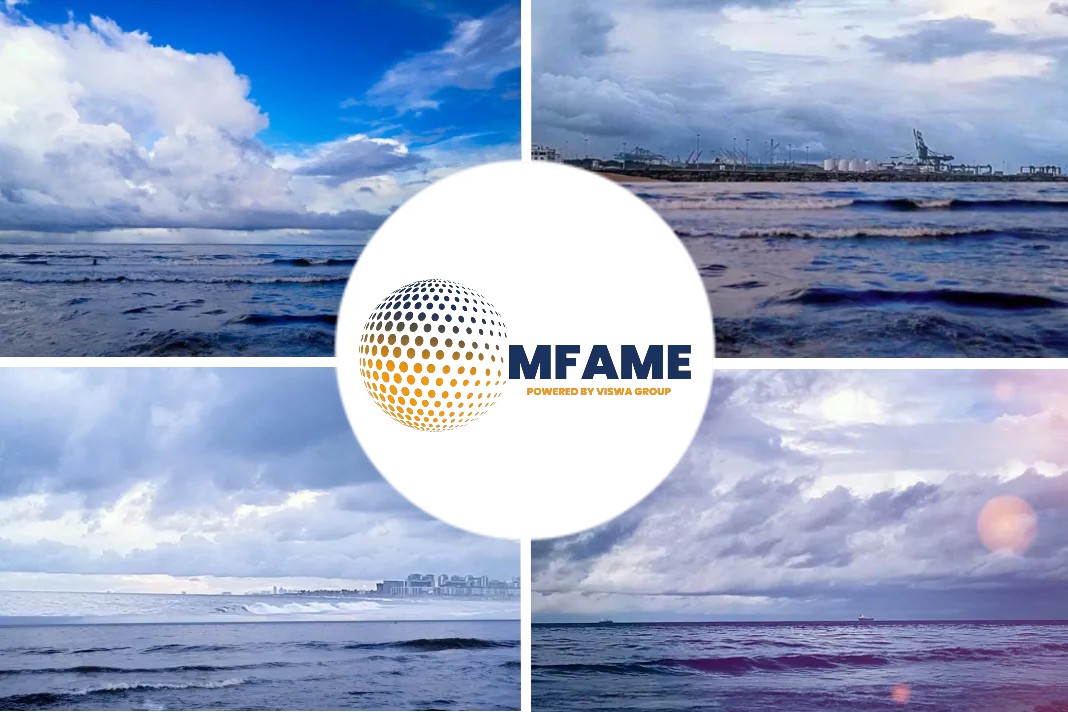
A recent news article published in the Ship Technology states that Price cap allows UK and European operators to send Russian oil to third countries.
Range of international sanctions
A range of international sanctions have come into effect aimed at limiting Russia’s ability to export its oil into western markets, the latest in a series of measures countries have taken as part of a pronounced decoupling of western interests and reliance on Moscow’s resources.
Sanctions have been introduced to reduce Russia’s revenues but ensure that there is still supply, helping inflation and energy costs. It is also expected that these sanctions will hinder the transport of material which impacts Russia’s ability to manufacture and repair weapons.
Importers must prove that the oil which is being brought into the UK does not originate from Russia otherwise the cargo may not be allowed to unload.
President of the European Commission, Ursula von der Leyen, said: “The G7 and all EU Member States have taken a decision that will hit Russia’s revenues even harder and reduce its ability to wage war in Ukraine.
“It will also help us to stabilise global energy prices, benefitting countries across the world who are currently confronted with high oil prices.”
China, India and Turkey have taken displaced oil
According to S&P Global, Russian seaborne exports of crude and oil products have been resilient as China, India and Turkey have taken displaced oil. Some expect that even after the price cap, Russian exports will continue to flow without impacting Moscow’s oil revenues to a large extent.
However, the global market will continue to receive a steady supply which is the aim of G7 policies.
According to reports, the cap agreement requires a regular review as this will ensure it is a minimum of 5% below the average market prices for Russian oil.
The UK’s Department for Business Energy and Industrial Strategy (BEIS) provides guidance in relation to the UK ban on Russian oil and oil products. The UK ban will prohibit imports, acquisition, supply and delivery of Russian oil and oil products into the UK. This will include crude oil, refined products, and bioethanol, bitumen and petroleum gases.
The ban will prohibit all of these products that originate in Russia, oil products that are consigned from Russia, the direct or indirect acquisition of these products that originate in Russia or are located in Russia, the direct or indirect supply or delivery of these products from a place in Russia to the UK.
Russian oil or oil products blended with non-Russian origin oil or oil products in a third country need to demonstrate that the processing was an important stage of manufacturing and the goods do not originate in Russia, are not owned by a person connected to Russia, are only being loaded in, departing from or transiting through Russia.
The Russia Regulations
Wholly obtained oil and oil products are those which have originated from a country. For example, crude oil extracted and refined into diesel in the US would be considered wholly obtained from the US.
The Russia Regulations also prevent UK companies from providing any technical assistance, financial services and funds and brokering services in relation to imports, acquisition, and supply and delivery.
Brokering service refers to services to secure an arrangement including the selection or introduction of parties to the arrangement, the negotiation of the arrangement, facilitation of anything which enables the arrangement to be take place, assistance which promotes the arrangement.
In addition, technical assistance in relation to goods or technology refers to the repair, development, production, assembly, testing, use or maintenance.
Eventually a price will be agreed on for the price cap which will be established on 5 February 2023 for refined Russian petroleum products.
The EU will also ensure that these sanctions do not impact energy and agrifood exports from Russia to third countries, which has already been impacted by the war.
Did you subscribe to our daily Newsletter?
It’s Free! Click here to Subscribe
Source: Ship Technology














